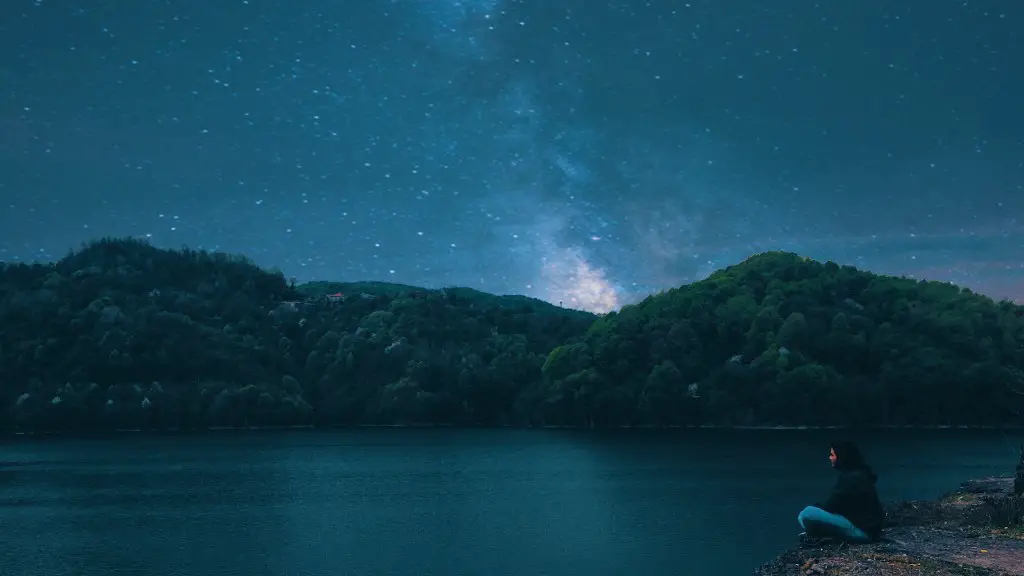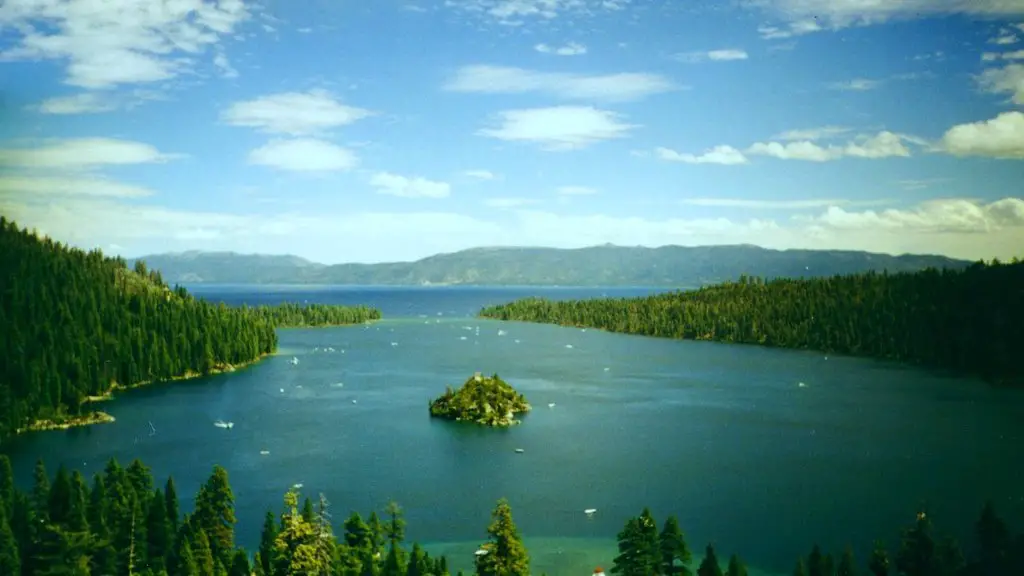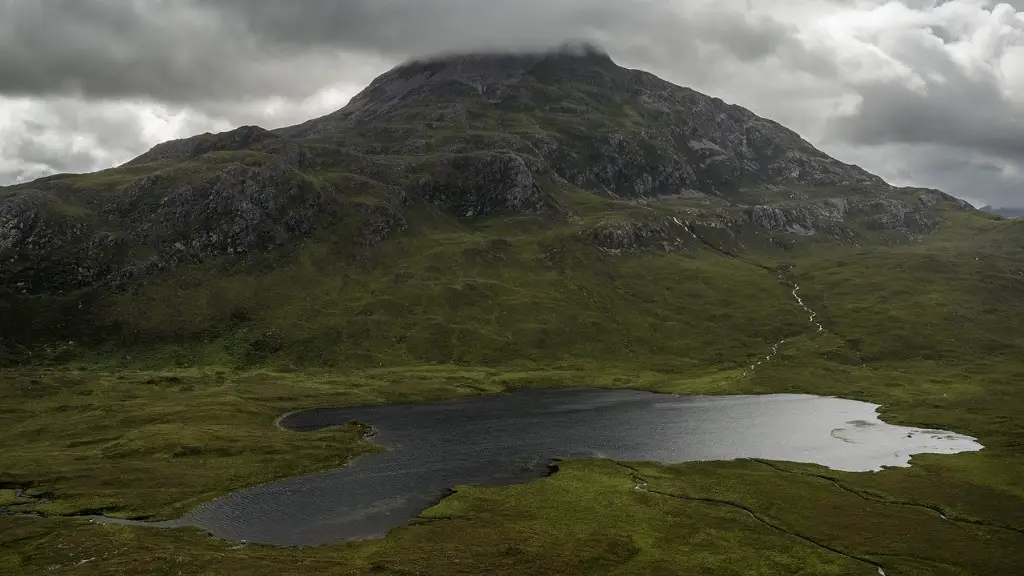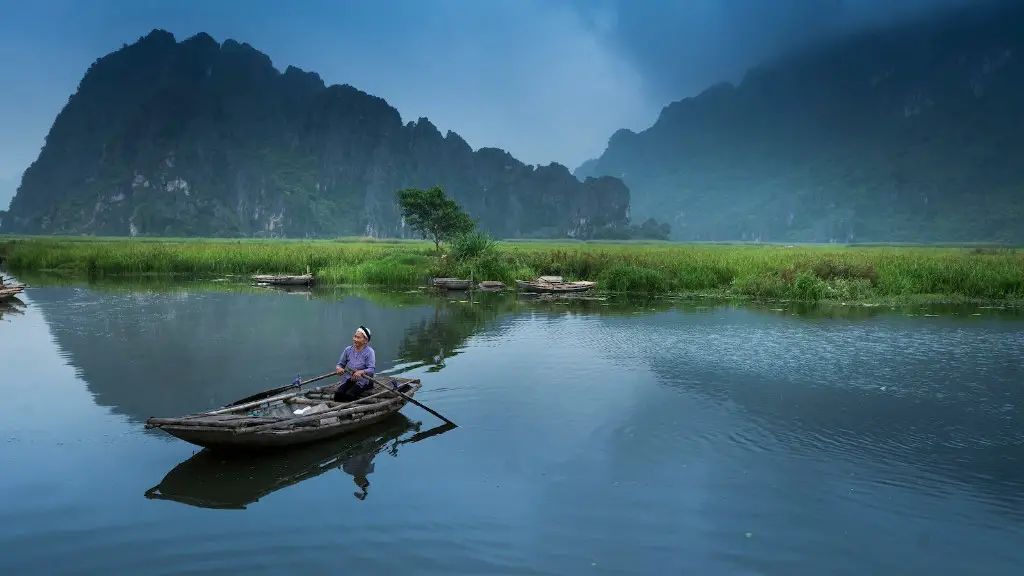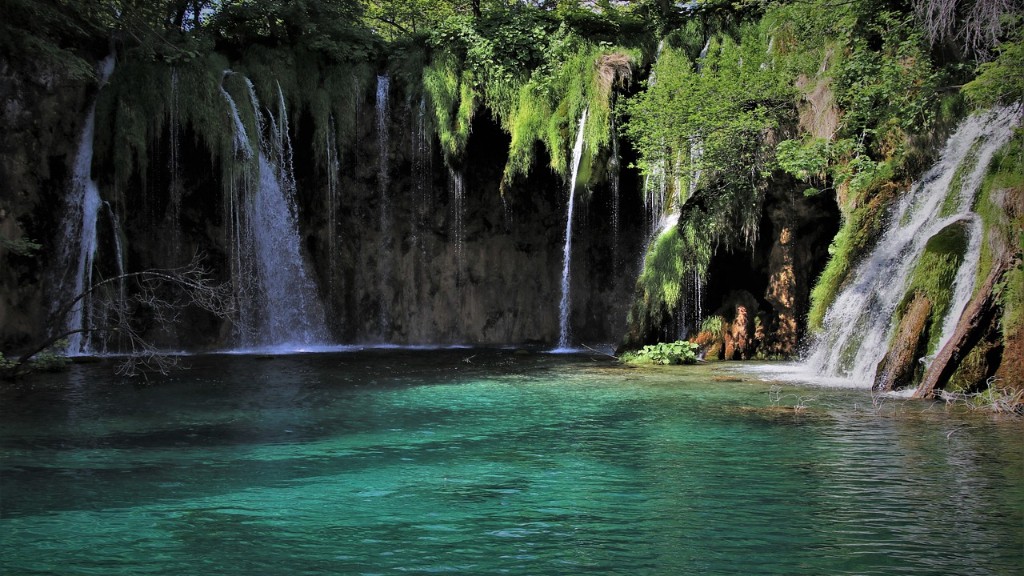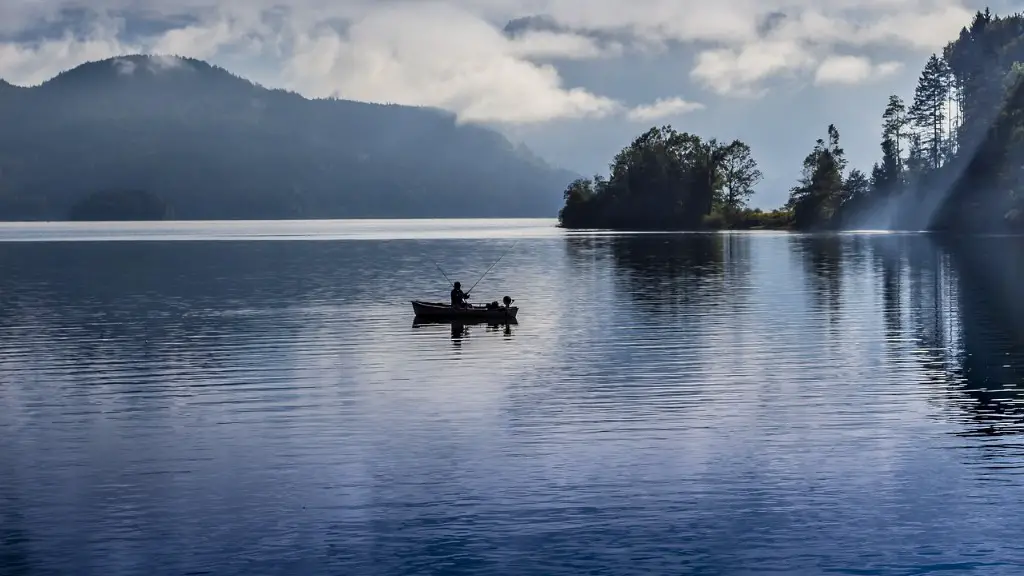East Africa is home to one of the world’s Great Lakes – Lake Victoria. Located at the geographic centre of the continent and within east Africa’s Great Rift Valley, this large lake is renowned for its cultural, ecological and economic significance. With a surface area of more than 68,800 km2, it is the world’s largest tropical lake and the second largest freshwater lake – only surpassed by Lake Superior in North America.
The lake is bordered by three African nations – Kenya, Tanzania and Uganda. This makes it the birthplace of many shared cultural, ecological and economic ties between these neighbouring countries. From the lake’s many sheltered coves and bays to its diverse and abundant marine life, Lake Victoria provides a plethora of resources upon which the peoples of East Africa depend.
However, this precious natural resource is in danger. Overfishing, pollution and growing human population demands are taking their toll on Lake Victoria’s abundance. In addition, the lake faces land-use and climate change pressures. Advocacy groups around East Africa are raising concerns about the lake’s future and are encouraging sustainability measures to balance human and environmental needs.
Experts warn that soon, if action is not taken to preserve this great lake, there could be very serious repercussions on the health of both local and regional ecosystems. To this end, conservation efforts by each country’s government are essential in protecting the lake from further degradation. This includes planting trees, proper waste management, controlling fishing levels and better education concerning the lake’s ecological importance.
In fact, it can be argued that taking a holistic view of the situation and introducing awareness related to Lake Victoria is of great importance. If local communities in East Africa are informed about the ecological crisis, they may work together to reduce the impact of social, economic and environmental pressures on their beloved lake. Therefore, cooperation is essential in conserving the lake’s resources and its biota.
As much as scientific data is important, it is just as important to realise that the preservation of Lake Victoria is inextricably linked to very real people and their stories. The Lake Victoria region has its own peculiarities, needs, values and customs – all of which have to be taken into consideration if conservation efforts are to work.
The Role Of Regional Governments
As the lake spans three different countries, the role of regional governments in helping to protect this important lake is vital. Governments have in place bilateral agreements for the conservation, management, and utilisation of Lake Victoria’s resources. This includes efforts to curb the use and pollution of water, preventing landscape degradation, and promoting sustainable development amongst the surrounding communities.
The key is in collaborating together to build an effective arrangement for joint management and the shared use of the lake’s natural resources. Each country’s government plays a unique role in the preservation of Lake Victoria, ranging from tougher legislation surrounding fishing and tourism to the implementation of education programmes about the lake’s importance.
These governments are also working to support the communities living around Lake Victoria. For instance, the Tanzanian government is encouraging local fishermen to use not just traditional fishing techniques, but modern techniques as well. This allows such communities to continue to sustain of their lives and livelihood, with the health of the lake being kept and monitored by the government.
On the other hand, the Ugandan government is looking at the link between population growth and water pollution. Through this connection, the government has set in place a number of programmes to reduce fertility rates, thus ensuring a decreased population pressure on the lake and its resources.
Overall, regional governments are committed to becoming more informed and knowledgeable about the lake’s ecosystems and issues, and a joint effort is required if Lake Victoria is to be preserved for future generations to come.
Events And Initiatives
In addition to regional governance, a number of events and initiatives have been introduced to help protect Lake Victoria. For instance, the ‘Save Lake Victoria’ project was launched in 1999, aiming to increase awareness and involvement from the community in protecting and preserving the lake’s ecosystem.
The project focuses on conducting scientific research and understanding the lake’s ecology, in turn spreading messages of awareness to the local community and engaging with stakeholders to develop sound policies. Other projects and initiatives have also emerged in recent years, such as the Lake Victoria Environmental Management Project, which helps to improve the quality of the lake’s water and increase the efficiency of its management.
Citizen science projects such as the Lake Victoria Environmental Observatory Network are also assisting in the protection and conservation of the lake. These projects provide essential training and education on how to monitor the lake, gather data, and be better informed on how to protect the Lake Victoria Basin.
The Tanzania Fishing Industries Organisation is also promoting small-scale and integrated aquaculture projects in the Lake Victoria region, helping to ensure the sustainable use of fish resources. Collaborative actions, such as those mentioned above, are becoming increasingly important as East Africa is facing aquatic resources depletion.
The Conservation Efforts Necessary
In light of rising threats to the lake’s delicate ecology, organizations such as Nature Kenya have come together to call for ‘biologically sound conservation’ of the lake’s resources. They are advocating for the reintroduction of semi-wild species in the lake, the installation of artificial reefs to break the waves, and the promotion of the lake’s biodiversity.
To achieve their goals, Nature Kenya is actively engaging in activities that increase public awareness of the lake’s importance and how to protect it. These efforts focus on addressing threats to the lake through education and advocacy, as well as developing a comprehensive joint strategy between governments, local communities, stakeholders, and conservation organisations.
Ultimately, the lake’s future lies in the hands of all those living around it. Every individual has the responsibility to pay attention to the needs of the lake and ensure that the lake is sustainably managed. This means following the governments’ regulations, encouraging and supporting initiatives in conservation, and protecting the lake’s precious aquatic life.
The Impact Of Tourism
The effects of tourism have to be considered too, as tourism is a major source of income for many of the people living around the lake. However, tourism also has its negative aspects, including environmental deterioration, noise pollution, and soil erosion. The East African countries bordering the lake must, therefore, pay attention to sustainable and controlled tourism, as well as the development of nature-based tourism.
In recent years, some countries have started offering ecotourism experiences that help tourists to learn more about the lake and its importance. These tours focus not only on exploring the beauty of Lake Victoria, but also on teaching visitors about the impacts of overfishing and pollution. Through such experiences, some tourists have become more environmentally conscious and learn about the many ways that they can contribute to sustainable development in and around the lake.
Overall, more and more people are paying attention to the importance of conservation, and this is providing greater hope for the preservation of Lake Victoria. By working together and taking on the necessary actions, East Africa and the world can work together to save the beautiful Lake Victoria, a source of life, culture, and hope.
Non Governmental Organizations Efforts
Over the past decades, many Nongov
